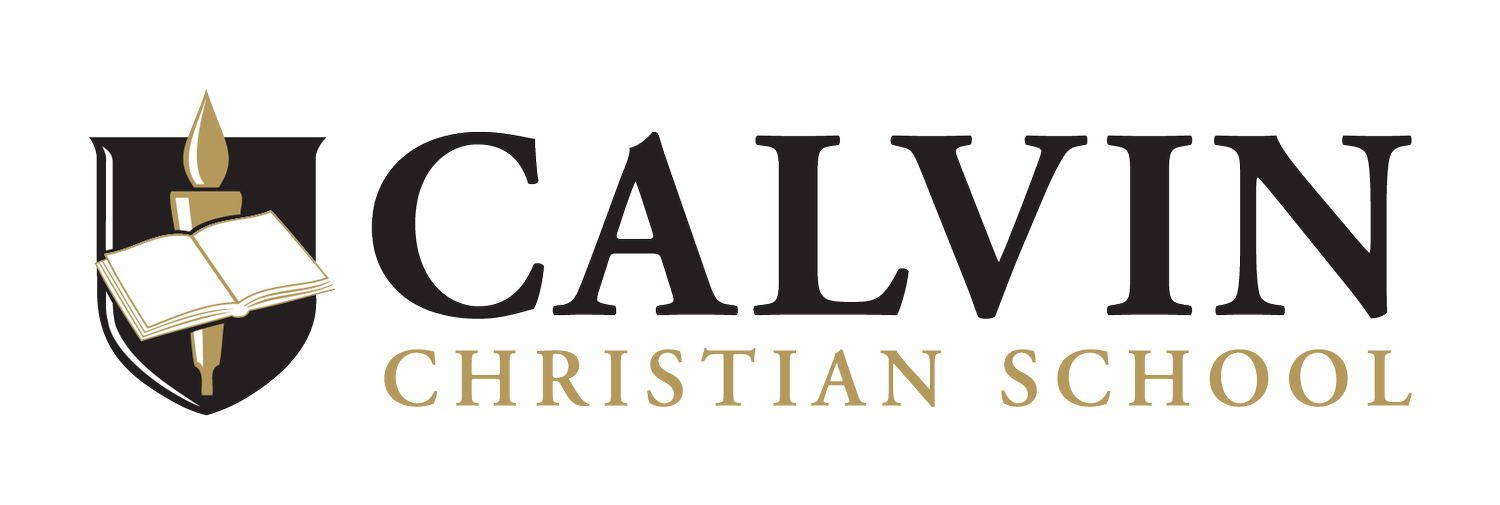There is power in the phrase, ‘We don’t do that at Calvin!’
You will hear this phrase uttered in conversations between students, and stafftalking to students and other teachers. It is a simple phrase that defines andreinforces our cultural expectations. Uttering the phrase is an easy, direct and clear way to tell someone that their language and/or behaviour varies from the expected standards. It communicates what we value and the standards we value.
Culture is more than the published rules of an organisation, school or family. Culture is the collection of all the values, assumptions, and expectations, including those that exist but are not stated. We might declare being punctual as an expectation and even establish a rule to that effect. However, if we then fail to comment when people are late to meetings, then tardiness becomes the culture despite any rule. The cultural setting is determined by the response to behaviour.
“ The culture of the accepted norms is more powerful than new ideas and initiatives.”
A clear sense of culture is a critical element in a successful organisation. There is an accepted maxim that, ‘Culture eats strategy for lunch, all day, every day.’ The culture of the accepted norms is more powerful than new ideas and initiatives.
Have you noticed the cultural norm that tacitly accepts using the word ‘guys’
when speaking to a group of men and women? Most familiar to me is the conversational sign off, ‘Thanks guys’. Also popular is, ‘would you guys...’ followed by an instruction. We may trumpet the belief that ‘girls can do anything’, and even build our science initiatives to promote more females in senior science classes; yet if these young women’s visibility remains unrecognised in our speech when sitting with boys then we undermine our initiatives, our strategy, their self- esteem, and our character. The culture trumps the strategy. Accordingly, I have asked Calvin staff to monitor their language with the purpose of eliminating using the word ‘guys’ when talking to a mixed gender group. As parents you are members of our community, and therefore contributors to our culture. I would ask you also to monitor your language in this regard.
A culture absolutely benefits the individual. A culture brings empowerment and significance to people’s lives. An aspirational endeavour ignites the possibility of success. A culture of respect brings the affirmation of individual decency.
A student at Calvin should be advantaged by our culture. The community norms should inspire personal improvement and develop restraint to impulses. The standards of behaviour and application should affirm to anyone that their best isrespected, required and able to be recruited. The collective high expectations of people will become the new normal for the individual.
We build a culture through the twin response of confronting challenging individual behaviour that falls short of our norms, and affirming and encouraging the examples of preferred and ideal choices.
“We must be aware that a strong culture advantages your children. ”
A challenged individual often retorts with, ‘Look at the others! I am not the only one’. This is an appeal to the rulership of theindividual. Such a view only needs to find one other errant example to justify their own mediocrity. It is an appeal that thelowest standards become the rule not the exception. It is a claim of disbelief that greater achievement is not possible.
We must be aware that a strong culture advantages your children. We are working to build such a culture at Calvin. We build it through our response to uniform, attendance, homework, and courtesy. These are the frontlines from which we defend ourselves against more grievous issues.
The protest statement will always be, ‘Look, someone else is doing the wrong thing as well!’ The antidote is the power in actually saying, ‘We don’t do that at Calvin’.
Iain Belôt - Principal

